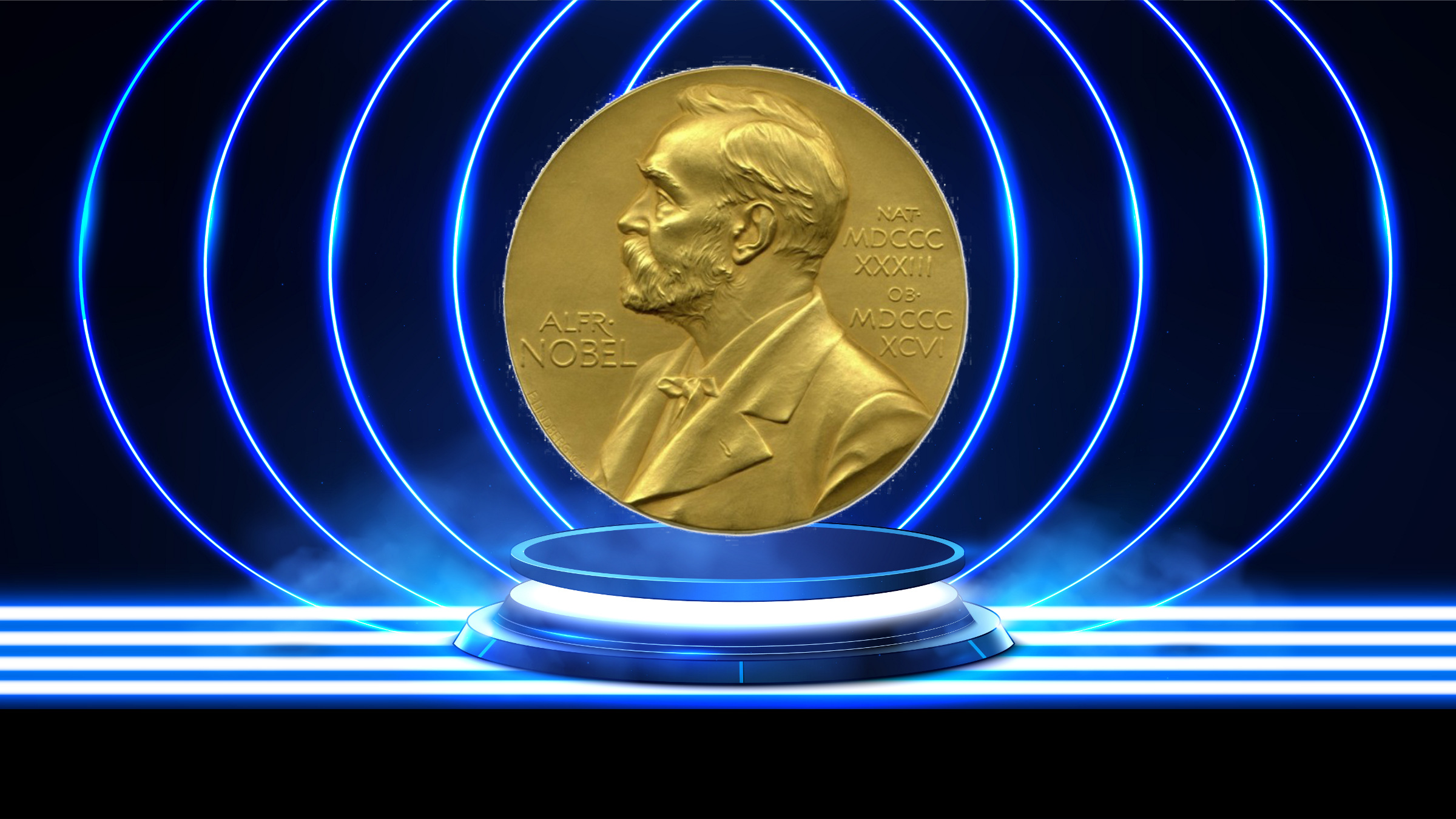
Video games are not just for fun anymore, thanks to esports (electronic sports), also known as live-streamed professional gaming.
In a typical esports competition, teams of expert game players face off against each other in a range of popular titles, like League of Legends and Dota 2. Their every move is watched, scrutinized, and analyzed by millions of viewers digitally logging into live streams, attending live events, or watching match recaps. The top players in the world, often known better by their on-screen handles than their real names, get paid a fortune in prize money. Esports teams play live events in the actual arenas used for traditional sports and rock concerts, like the Crypto.com Arena in Los Angeles.
If this all sounds a little serious for playing games, that is because it is. Esports is no longer a niche, informal pursuit; it is a behemoth entertainment category with revenues expected to reach $1.8 billion this year, according to gaming analytics firm Newzoo.
The space is so popular that even traditional sports stars are unable to resist it. Basketball star Shaquille O’Neal is a prominent investor in multiple esports companies.
As this booming industry matures, esports increasingly relies on artificial intelligence (AI) to power many aspects of the player and fan experiences—which is having transformative effects on the industry.
“Up until a few years ago, AI was not commonly used in esports viewing, and a vast space for innovation was untapped,” says Florian Block, a Reader in Digital Creativity and esports researcher in the Digital Creativity Labs of the U.K.’s University of York.
That has all changed. Now, esports isn’t just getting bigger; it’s getting much, much smarter.
A Brand New (Digital) World
Esports is not simply a virtual version of traditional sports; it is an entirely new category of digitally native competition that utilizes smart machines to enhance the experience.
“Esports is deeply integrated with other tech trends such as live streaming,” says Guo Freeman, assistant professor of Human-Centered Computing in Clemson University’s School of Computing, and head of the Clemson University Gaming and Mediated Experience Lab (CUGAME). “Many esports events now allow players to compete remotely, while also allowing spectators to watch across the world. The ability to be spectated live worldwide has made it a huge industry.”
The biggest difference between traditional sports and esports is the level of control that fans have, says Block. Many fans watch matches through in-game clients; that means they control their perspective of the match and the data flows they display while watching it unfold. This is not just a nice perk of being an esports fan; it’s a necessity to get the most out of the viewing experience. On-screen player actions often happen too quickly for the human eye to fully process. Action unfolds in many different places, and multiple important events can happen in different places simultaneously.
“Compared to traditional sports, many popular esports are extremely fast-paced and complex, making them hard to appreciate with the naked eye,” Block says. “The additional layers of information help fans better appreciate strategy and human performance.”
This makes AI essential at every stage of the esports experience, from the development of the games themselves to making matches more realistic, watchable, and profitable.
Faster Games, Smarter Fans
The esports industry’s AI footprint is large, says Michael Naraine, an assistant professor of Sport Management on the Faculty of Applied Health Sciences at Brock University in Ontario, Canada. At the most fundamental level, AI is a critical feature of any esports game with simulated enemies or players, says Naraine. These AI-generated bots interact with or battle players, relying on sophisticated AI to make decisions and take actions. AI-generated bots are also used by esports teams to train and practice facing off against skilled avatars.
However, that is only the beginning of AI’s contribution to the industry. AI also is being used to make esports more lifelike.
“Publishers like EA and Ubisoft have been harnessing AI to improve scale and motion for esports titles, and that has a direct impact on how esports athletes strategize and develop their acumen,” Naraine says. As a game more closely mirrors the physics of reality, esports athletes have less opportunity to exploit gaps. In addition, publishers rely on AI to predict which maps and characters are most likely to yield specific outcomes. This data allows them to keep games balanced.
Block points out that AI is not used just to make games playable, but also to make them more watchable.
AI systems are used to help fans follow the action. The action is not just fast and complex; it also unfolds in multiple areas simultaneously. Piecing together everything going on in real time can be difficult for human commentators—and near-impossible for fans.
Block’s own research team has created an AI-powered analytics engine for Dota 2, a popular esport. The engine learns from previous matches, then generates analyses, breakdowns, and storylines about live matches to help fans follow along.
AI techniques such as clustering and archetype analysis also are used in the industry to identify different play-styles, which in turn allows better context around a player’s performance. Random forest algorithms link performance indicators to outcomes, which helps fans understand which parts of gameplay matter most.
And when the dust settles, AI also helps fans get more out of match recaps. Block’s team also used natural language processing to train a model with vocabulary specific to Dota 2. “This generates dynamic match recaps that are tailored to different players, teams, and playstyles,” he says.
AI-powered event prediction also helps enhance watchability. It is often harder for esports viewers to gauge a team’s progress during a match than it is to, say, understand which team is winning in football. Conditions often change in the blink of an eye, and that can completely change a match’s outcome. Deep neural networks and random forest algorithms are employed to help fans anticipate match outcomes, so they can more easily follow along.
“Today, win prediction algorithms are embedded in various esports natively,” says Block. (In a twist, these varieties of AI are now also being used in traditional sports like the Australian Open.)
In the case of esports, AI prediction does not ruin the experience; it enhances it. Understanding the likelihood of an outcome leads to a better fan experience when unexpected upsets happen. It also allows virtual camera operators to better home in on an upcoming player death or match upset, which is not always easy to track in real time manually. In fact, Block and his team trained a deep neural network for this purpose: it predicts the death of a virtual avatar 10 seconds before it happens—with over 80% accuracy.
“It is often harder for esports viewers to gauge a team’s progress during a match than it is to, say, understand which team is winning in football.”
Last, but not least, AI is even used on the industry’s business side, to analyze which screens fans are looking at, as well as which ads are being watched and for how long.
“Esports naturally lends itself to technological advancement,” says Naraine. “It is viewed as a less risk-averse sport property to trial new tech developments than traditional, analog sport.”
The Weird, Wonderful Future of AI in Esports
As the games improve in speed and realism, AI is increasingly necessary to the industry’s future.
“I believe AI is truly the next important marker in the evolution of esports,” says Naraine. “It’s going to be critical to making esports more challenging and fun simultaneously.”
Using AI to fully analyze—and increase—the difficulty of games does not just keep the space fun, fresh, and interesting, but also supports a healthy betting ecosystem, he says. AI will be used increasingly to document gameplay, which increases gambler confidence that games are not rigged.
Not to mention, the ability of esports AI to make ever more realistic visuals means we could see the traditional world of sports getting a makeover, too. “It lends itself to a future where we’ll have virtual and live cars and horses racing side-by-side, or perhaps augmented worlds where fans are virtually ported into Yankee Stadium to watch the eYankees play the Red Sox,” says Naraine.
This is where Block sees AI in esports entering “metaverse” territory. In fact, AI will be key to creating the types of augmented and virtual experiences that could fuel a world where we live, work, and play predominantly in simulated worlds.
“AI will be a key technology to enable the generation of rich entertainment worlds, facilitate the exchange of knowledge and entertainment within them, and enable fans to create and share meaningful versions of their experiences with each other,” he says.
There’s even research to suggest the technology behind esports as a whole could actually make us better humans. Instead of esports technology isolating us from reality or distancing us from others, it can actually produce positive behavior in people, says Freeman. Her body of research has documented how most esports players start out as strangers but, through in-game teamwork and collaboration, they actually come to exhibit these qualities more in person.
“Such in-game informational and instrumental support often lead to emotional and esteem support,” she says. “These different types of support functions not only remain within the context of esports—they bleed out into in-person interactions and relationships.”
Dota 2: https://www.dota2.com/home
Newzoo’s Global Esports & Live Streaming Market Report 2021, Newzoo, Mar. 9, 2021, https://newzoo.com/insights/trend-reports/newzoos-global-esports-live-streaming-market-report-2021-free-version
Top 100 Highest Overall Earnings, Esports Earnings, https://www.esportsearnings.com/players





Join the Discussion (0)
Become a Member or Sign In to Post a Comment